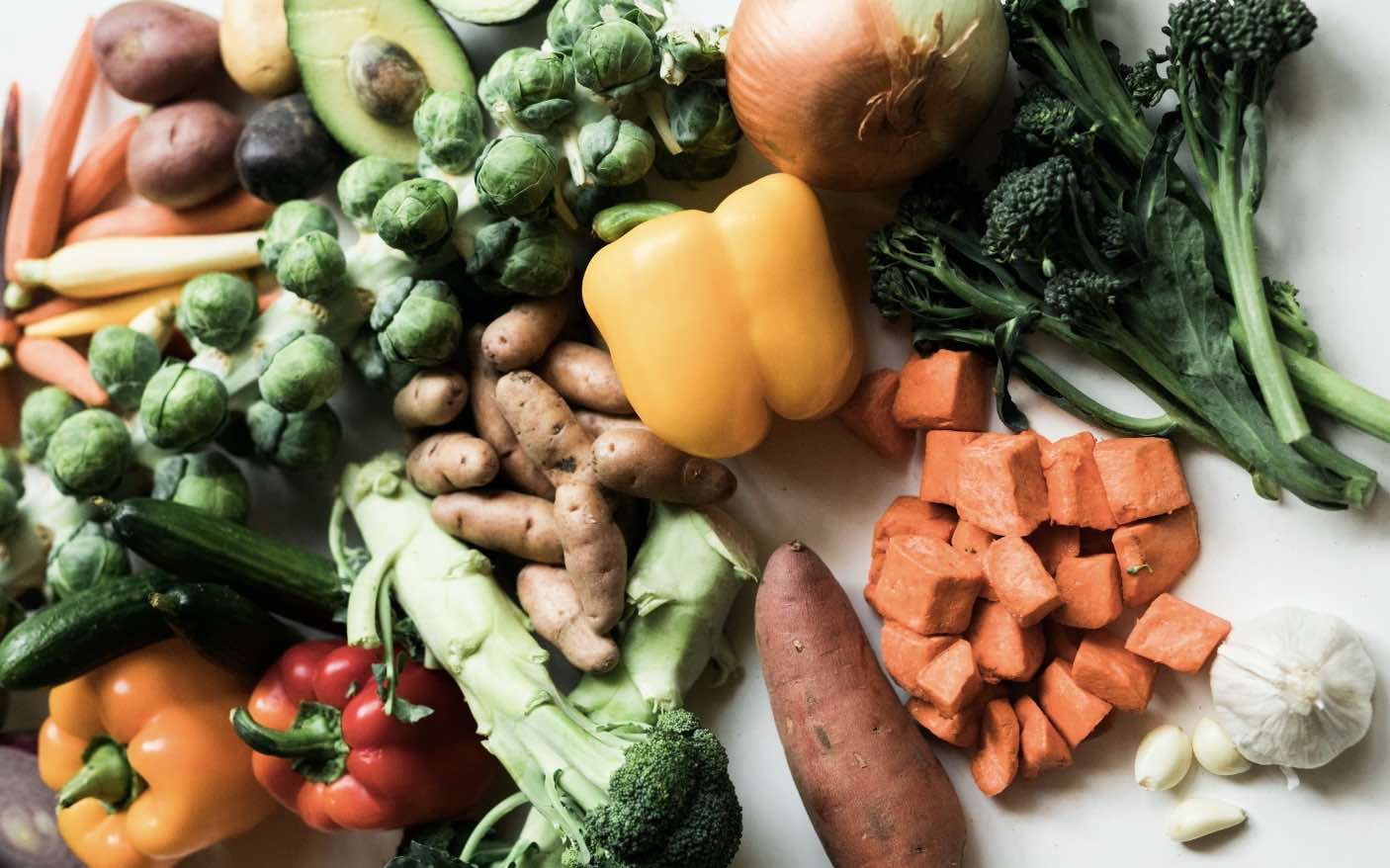In a recent study, people who watched others eating vegetables with visible dislike reported disliking vegetables as well. Conversely, watching people enjoy eating vegetables seemed to have no effect.
“We show that watching others eating a raw vegetable with a negative facial expression reduces adult women’s liking of that vegetable, but not their desire to eat it,” said Dr. Katie Edwards, a researcher at the Aston University School of Psychology and lead author of the study. “This highlights the power of observing food dislike on adults’ eating behavior.”
Watching Others Enjoy Eating Vegetables Had No Measurable Effect
In their study, which was published in the journal Frontiers in Psychology, Dr. Edward’s team recruited over 200 women and asked them to watch videos of other women eating vegetables. The researchers note that the choice of only using people from one gender “since gender differences may exist within the modeling of eating behavior, and modeling effects can be different among women and men.”
The volunteers each watched videos of women they did not know eating broccoli. In the videos, the models eating the broccoli displayed three different expressions: positive (smiling), neutral, and negative (disgust-like).
After watching the videos, the volunteers were asked how they felt about broccoli, including whether they liked that vegetable and if they desired to eat it. Across the board, the study subjects reported higher levels of dislike for broccoli after viewing models who expressed disgust while eating it.
Perhaps surprisingly, the opposite did not hold true. According to Edwards, “watching others eating a raw vegetable with a positive facial expression did not increase adults’ vegetable liking or eating desire.”
The authors note that this split reaction may simply be an artifact of evolution, as seeing someone disgusted while eating vegetables or any other food may offer a survival advantage in avoiding toxic or otherwise dangerous foods. They also point out that positive facial reactions to eating vegetables may simply be unnatural, resulting in no effect either way on the observer.
“This might imply that watching someone eating a raw vegetable with positive facial expressions does not seem an effective strategy for increasing adults’ vegetable consumption,” Edwards proposed.
Determining Whether or Not Others’ Reactions Affect Vegetable Consumption
While the research focused solely on adults, the researchers say their results might offer some guidance to parents trying to increase vegetable intake in their children, including how their own reactions to eating vegetables might influence their children’s preferences.
“If a child sees their parent showing disgust whilst eating vegetables, this could have negative consequences on children’s vegetable acceptance,” Edwards explains.


The researchers concede their study has many limitations, including the selection of only female participants. They also point out that the subjects only viewed videos of people eating vegetables instead of watching people do so in person.
In their conclusions, the researchers encourage further study of this phenomenon to determine if it has practical applications. They also state that they would like to undertake more studies to determine whether or not the reported “contagious” dislike of vegetables actually translates to measurable changes in eating behavior.
“We also need more research to see whether the findings from this study translate to adults’ actual intake of vegetables,” Edwards explained.
Christopher Plain is a Science Fiction and Fantasy novelist and Head Science Writer at The Debrief. Follow and connect with him on X, learn about his books at plainfiction.com, or email him directly at christopher@thedebrief.org.

